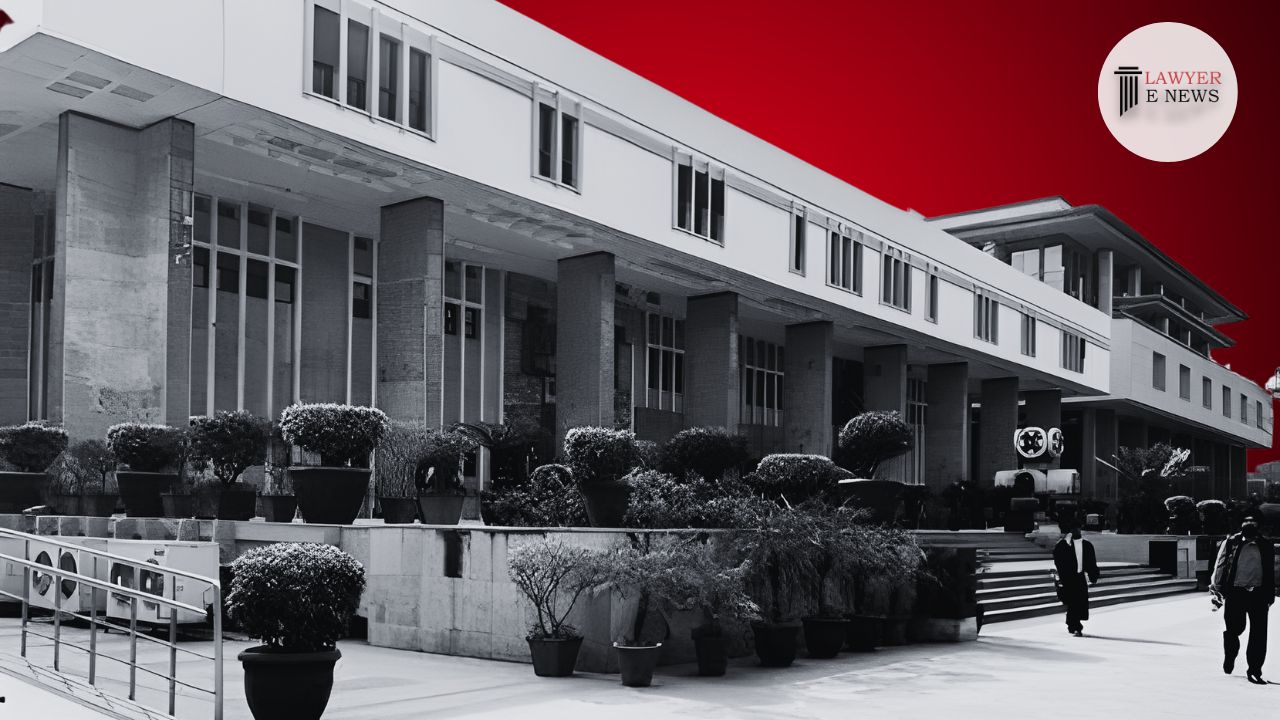-
by sayum
14 February 2026 2:22 PM



In a significant judgment today, the Delhi High Court rectified what it described as a “manifest error” by the trial court in a property dispute involving familial discord and claims of ownership.
The revision petition arose from an order of the Additional District Judge, East Karkardooma Court, Delhi, which had dismissed an application under Order XII Rule 6 of the Code of Civil Procedure (CPC) concerning the suit property filed by Daljit Singh against his daughter-in-law, Gagandeep Sidhu. The application sought a decree for possession based on admissions by the defendant, which the trial court had declined to grant.
Daljit Singh, the petitioner, had established ownership of the disputed property through a series of documents dated July 27, 1998, which transferred the property to him from his wife. Post-marital discord and subsequent separation between his son and Gagandeep Sidhu led to allegations of trespass against Sidhu, who occupied the ground floor of the property.
The trial court's refusal to grant possession was primarily based on its interpretation of the legal status of documents (GPA, Will, etc.) and its perceived need for a full trial due to disputed facts concerning the nature of possession.
Justice Dharmesh Sharma of the Delhi High Court criticized the trial court’s approach, noting that it failed to appreciate the unchallenged and clear documentary evidence that confirmed the petitioner’s ownership. The High Court highlighted the irrelevance of the trial court’s reliance on the Supreme Court’s decision in Suraj Lamp & Industries regarding GPA sales, stating that the decision was misapplied as it was intended to be prospective and not affect genuine transactions prior to its ruling.
Furthermore, the Court pointed out that Gagandeep Sidhu’s admissions in her written statements and the sequence of property transfers were clear enough to grant a decree for possession without needing a full trial. The judgment stressed that judicial processes should not be a tool for perpetuating disputes through “clever drafting.”
Decision: The High Court overturned the trial court’s order, granting possession of the disputed ground floor to Daljit Singh. It directed Gagandeep Sidhu to vacate the premises immediately, citing a failure to present any substantial legal claim to the property. However, the Court also remitted the matter concerning mesne profits and damages back to the trial court for a detailed examination.
Conclusion: The Court’s decision emphasizes the importance of correctly applying legal principles and interpreting admissions in property disputes, particularly in familial contexts where relationships may complicate straightforward legal issues.
Date of Decision: April 29, 2024
Daljit Singh v. Gagandeep Sidhu
